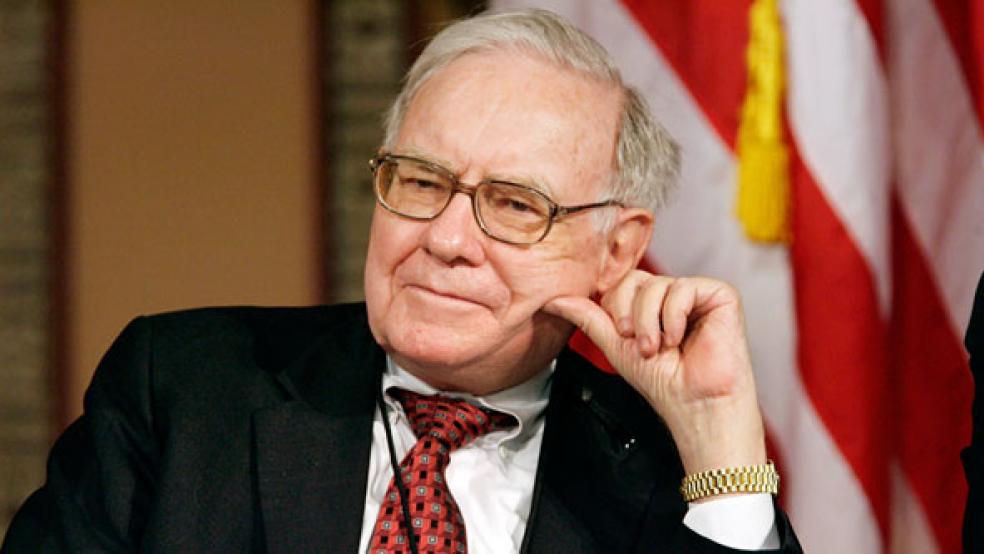A couple of years ago, billionaire investor Warren Buffett was making the rounds of cable television business shows talking about how corporate taxation in the U.S. really isn’t all that high. “It's a myth that American corporations are paying 35 percent or anything like it,” Buffett told CNBC. “Corporate taxes are not strangling American competitiveness.”
But there is nothing mythical about the profits Buffett will earn from helping to finance Burger King’s acquisition of Canadian fast food chain Tim Hortons, a deal that will move Burger King’s corporate headquarters to Canada to take advantage of that country’s lower corporate tax rate.
Related: Burger King in Talks to Turn Canadian
The announcement that Buffett’s company, Berkshire Hathaway, would provide nearly 25 percent of the funding for the roughly $12.5 billion deal struck some as hypocritical, given his previous comments on corporate taxation and his status as the Obama administration’s go-to rich guy when it comes to tax fairness issues.
The administration even floated plans for what became known as the “Buffett Rule,” which would prevent wealthy individuals from using various gimmicks to lower their effective tax rates. The proposal was usually accompanied by reference to Buffett’s widely-repeated complaint that he pays a lower effective tax rate on his earnings than his secretary.
The Burger King deal is what’s known as a “corporate inversion,” an increasingly common tactic employed by companies based in the U.S. in which they acquire a foreign firm in a low-tax jurisdiction – and transfer their corporate “domicile” to the acquired company’s home country in order to avoid some U.S. taxes.
Related: Corporations Aren’t Patriots; the Tax Code Is the Problem
To be clear, Burger King will continue to pay taxes on the money its thousands of U.S. franchises earn. The key change is that the company will no longer be liable for U.S. taxes on money earned by its overseas franchises. The U.S. is one of the only advanced economies that continues to tax firms on the money they earn overseas. Canada, like most other countries, only collects taxes on money earned within its borders.
According to The Wall Street Journal, Berkshire Hathaway will pay U.S. taxes on the dividends it earns from the sale – something that Buffett apparently demanded compensation for as part of the financing agreement.
Top Reads from The Fiscal Times:





